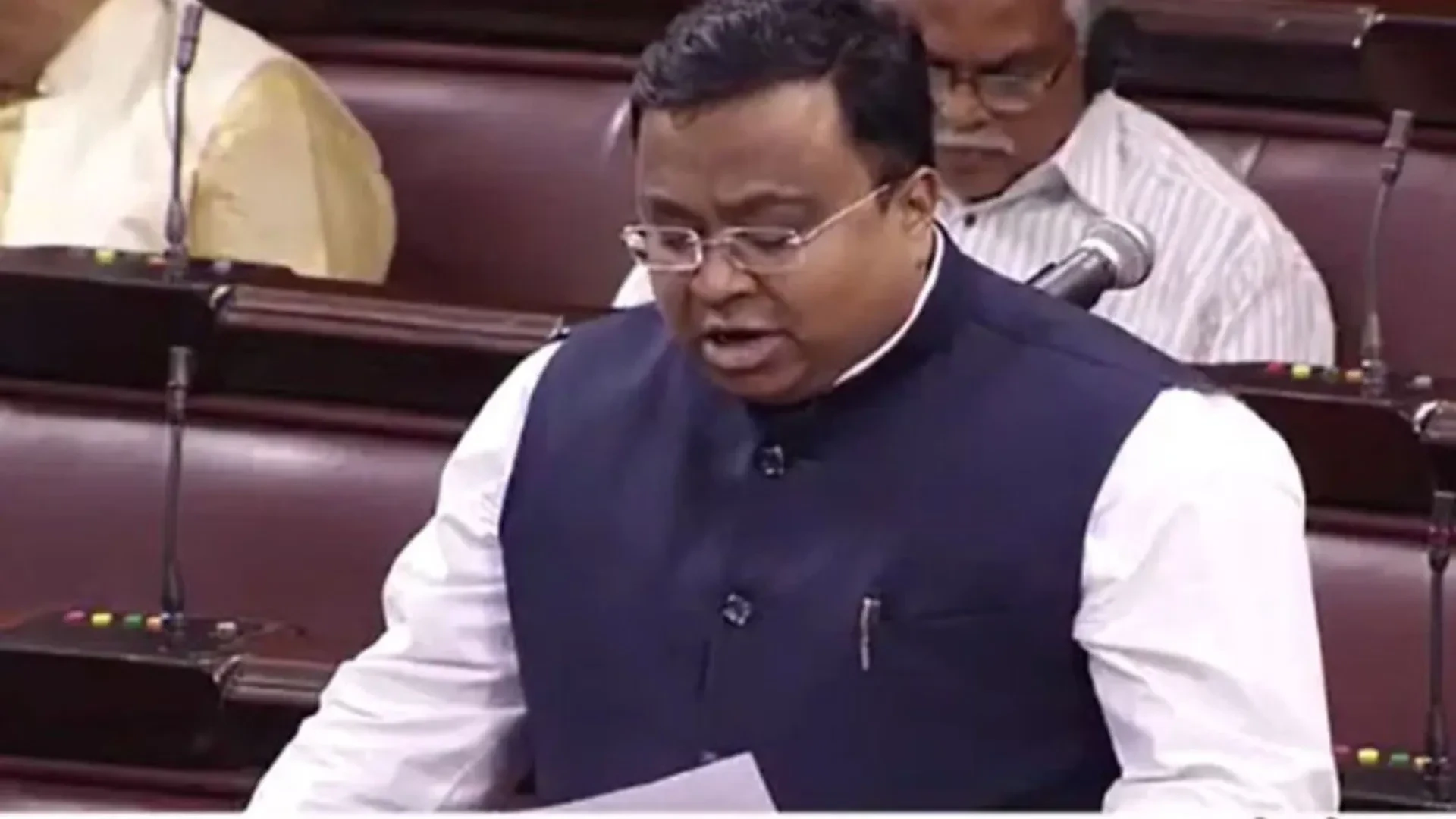During a special session of the Rajya Sabha held on December 21, 2023, Member of Parliament Dr. Sasmit Patra delivered a powerful address, asserting the “supremacy of the legislature in representing the will of India’s 1.4 billion citizens”.
Patra made the speech during discussions on the Three Criminal Laws – the Bharatiya Nyaya (Second) Sanhita, the Nyaya Sakshya (Second) Sanhita, and the Sakshya (Second) Bill, 2023.
Criticising what he claimed was the case of “judicial overreach”, Patra had said, “No five-judge bench can be the voice of 140 crore Indians.” His remarks came in response to what he described as a growing perception that important legislative decisions could be overturned by a handful of judges without a democratic debate.
Stressing that the primacy of the Parliament was key to a representative democracy, he said, “It is the Parliament that should legislate on crucial social issues. Socially sensitive issues must not be decided by a small group of judges but through wide-ranging parliamentary debate that reflects the will of the people.”
Patra also invoked the historic Kesavananda Bharati case, which established the basic structure doctrine of the Constitution. While acknowledging the vital role of the judiciary in upholding constitutional values, he said that it should not eclipse the responsibility of lawmakers to legislate. “Judicial pronouncements are essential, but they cannot replace the authority of elected representatives to speak for the people,” he had argued.
The Rajya Sabha MP’s speech supported the three bills that he described as “transformative and necessary”.
In concluding his address, Patra urged lawmakers to rise to their constitutional duty: “Let us not allow the power to legislate to be taken away. It is our responsibility to maintain the balance and separation of powers (between legislature and judiciary), as it should be in any healthy democracy.”
In a landmark move, the Supreme Court on April 8 exercised its extraordinary powers under Article 142 of the Constitution to clear 10 bills passed by the Tamil Nadu legislative Assembly, including seven that had earlier been rejected by the President of India. The SC decision came after reported delays by Tamil Nadu Governor RN Ravi, who had withheld assent or “failed to act on the bills”-some pending since as far back as January 2020.
A two-judge bench comprising Justice JB Pardiwala and Justice R Mahadevan declared the governor’s inaction “illegal” and a “roadblock,” stating that the indefinite delay amounted to a “pocket veto.” The bench observed that the governor had shown “scant respect” to constitutional conventions and to the apex court’s previous rulings on the matter.
“The governor must act with due deference to the settled conventions of parliamentary democracy, respecting the will of the people being expressed through the legislature as well as the elected government responsible to the people,” the court had said.
The judges invoked Article 142-which empowers the Supreme Court to pass any order necessary to do “complete justice”-to resolve the constitutional deadlock.
Tamil Nadu Chief Minister MK Stalin hailed the decision as a “historic victory,” while celebrations broke out among DMK supporters with firecrackers and sweet distribution.
Congress MP Sasikanth Senthil also welcomed the decision, saying in a post on X, “The Supreme Court, invoking Article 142, has rightly ordered assent to all 10 Bills stalled by the Governor, a clear message that governors are not above democracy.”
Kerala Chief Minister Pinarayi Vijayan also welcomed the judgment, calling it a “victory for the democratic and federal structure of India.”
According to a report in The Hindu, the court’s ruling also rendered the actions of President Droupadi Murmu-who had rejected seven bills, assented to one, and not considered two-as void. The Supreme Court reasoned that the delay and rejection violated constitutional provisions and conventions.
Among the 10 cleared bills were key legislative measures, including those seeking to curb the governor’s role as chancellor in state universities.
